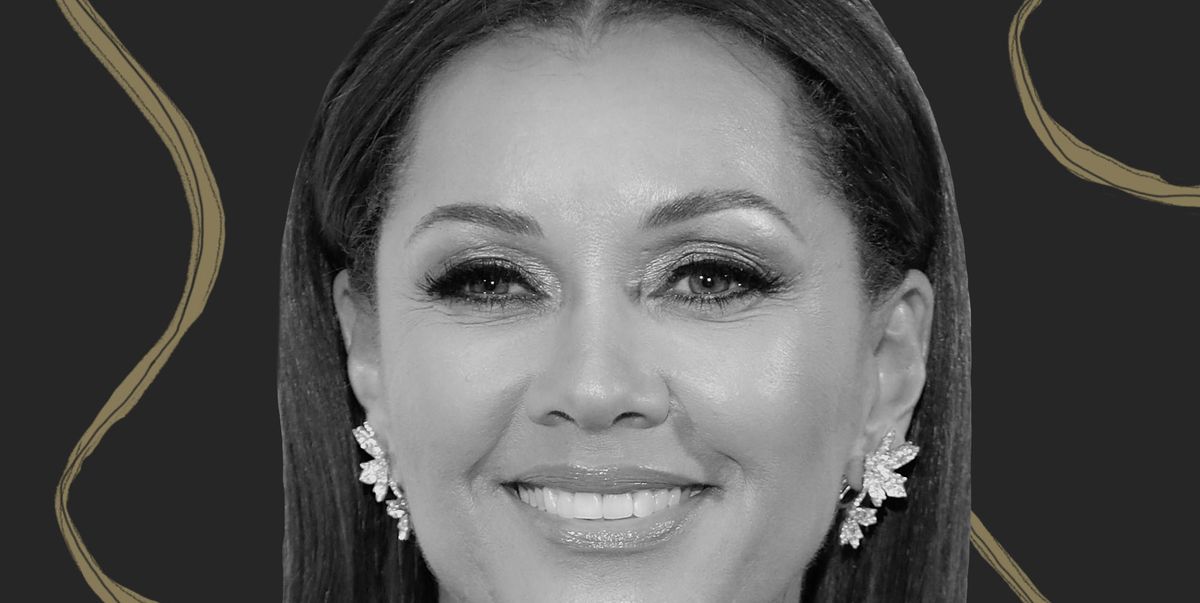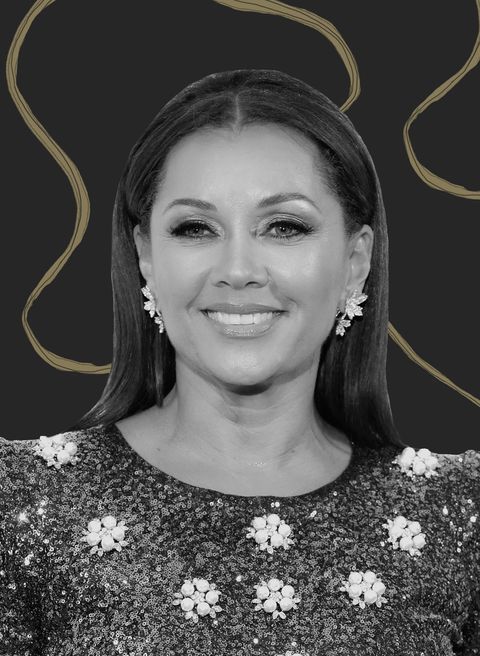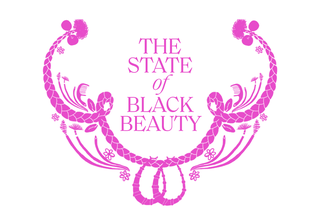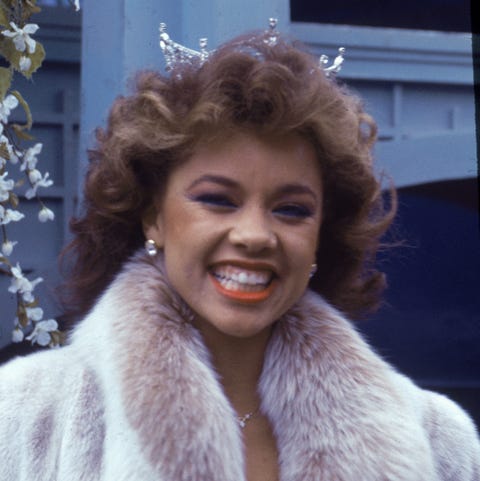For the State of Black Beauty, ELLE.com chatted with six Black icons to hear how they define Black beauty and how they see themselves in the space—in their own words.
When I grew up, there was only one Black doll on the market. Her name was Sasha and she was made in Sweden. I still have my Sasha doll. But that was it for 1969.
When I was growing up, there was one Black actress in a more leading role to watch. Her name was Diahann Carroll, the only person with her own show: Julia. In the sitcom, she played a nurse and she had a son named Corey. That was the one example growing up. Then Eartha Kitt played Catwoman, which was another fantastic example. Of course, we had entertainers that were singers on TV, but the representation wasn’t always there.
As I grew up, the color barriers were being broken. The doors were opening up to allow more opportunities for women of color. I saw it slowly and gradually get larger and larger. Certainly in Black beauty, in the Black community, we had Ebony and Jet. That’s where you would see Black advertisements and Black fashion shows that would tour across the major cities in the United States. You’d see Beverly Johnson and Iman and all the fabulous models that would be at the fashion shows. That’s, again, where you would see Black beauty. It’s a gradual progression. It takes innovators to cast, in terms of actors, and hire for diversity. It’s a slow progression, but again, I think we’re at a place now that is glorious. And still there’s work to be done.
In 1983, we thought we were progressive. It was a little more complicated than that. Our parents had lived through the civil rights movement in the early to mid-’60s. So you would think, 20 years later, we’d made some progress. The year that I won Miss America, there were five women of color: four Black and one Hispanic, which was the most they’d ever had in terms of diversity.
Deneen Graham, who was Miss North Carolina, who was a ballerina, had a cross burned on her front lawn from the KKK after she won Miss North Carolina. We thought America was progressive. We thought a lot had changed, and it seemed like a lot didn’t change.
When I won, it was a huge accomplishment, but it was also another opportunity for racism to rear its head yet again. On the one hand, I heard people that were Black say to me, “I never thought I’d see it in my lifetime.” They never thought they’d ever see Miss America be represented by a Black woman.
And then I had death threats throughout my reign. And when I had to be in my homecoming parade, they had to have sharpshooters on the top of buildings to make sure the attempts that were threatened wouldn’t happen. It was a very complicated time.
And even in terms of beauty, there were Black people that said, “Well, it doesn’t really count, because she’s not Black enough. She’s light-skinned, she has light eyes, it doesn’t really count.” And then there were obviously Black people that were joyous and so happy that the color barrier was broken. So it was definitely complicated, and it definitely was not one or the other. It was all of the above.
It’s a pendulum. That’s kind of how life is. It’s another cycle. So this is a generation where things need to be taught and relearned, and history needs to be told yet again. And it’s our obligation to educate and show the differences and show the glory of everybody’s differences. And that’s up to us to continue to teach people about bigotry, and being indifferent, and not being tolerant.
The bottom line is, I’m so happy now there are more examples than ever before. There’s an example of every body shape, every hair color, every eye color, every skin type, every freckle, every scar, stretch mark. There is always an image of beauty that you, that any woman, can find that looks like them. Of course, everyone’s unique. Everyone has their own specific beauty, but there couldn’t be any more examples of, in terms of variety, because we’ve really been living in a time now where there are images all over the place. Which is fantastic. Not only other women’s images but they’re also some women that are shaping the world and are in positions of power, which, again, is increasing and is phenomenal. We are living in an incredible age of women’s empowerment and women’s beauty and ideals of beauty, which is phenomenal.
It takes an individual to make a change. Diahann Carroll, who just recently passed, played my mother in a movie that I produced for Lifetime back in 2000 called The Courage To Love. And while we were on set, talking about Julia and how she made so many strides and opened the doors for all of us, she said, “Well, I integrated the union because I insisted on having a Black woman do my hair because there were no Black people available in the union to do hair and makeup. And I wanted to make sure that I am a specific look and they knew how to handle my hair.”
Just one insistence from a star changed and integrated a union. It’s those small things that change history and allow the door to be opened and other people getting in. For sure, most—I would say 90 percent of Black actresses—always have an issue with hair, whether it’s on television or film, because we’ve got specific hair that needs specific care. A lot of people opt to wear wigs so they can protect their hair because a lot of people don’t know how to deal with Black hair and not get it damaged.
Now, I am so lucky to have four children and lucky to be close to all my children. I am always available for any crisis, whether it has to do with hair, makeup, skin, beauty, and life. And they have great examples of not only seeing my journey and the ups and downs that I had to go through, but also having really dynamic grandparents that have taught them well and told them stories and talked about the importance of education. And then being open.
I love that part of being a mom and a mentor. And I love being a mentor for just people in general. That satisfies me. And I think as women, it is our duty to share. I’m one of those women that has a phone that has, oh, you need a babysitter? I got somebody. Oh, you need a hairdresser? And where in Cincinnati? I know somebody there. Let me call them to find out what salon you should go to. I’m that chick. I’m here to help, because why not? Why be selfish? Share, because we all get stronger, and it makes us a stronger network.
This interview has been edited and condensed for clarity and length.
This content is created and maintained by a third party, and imported onto this page to help users provide their email addresses. You may be able to find more information about this and similar content at piano.io



